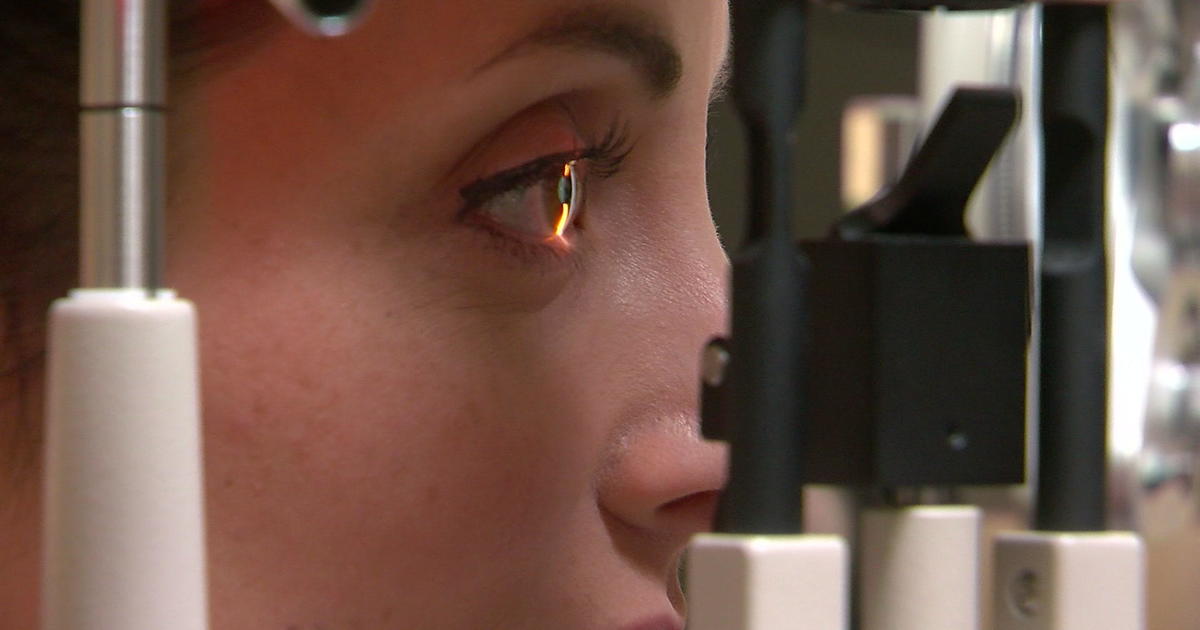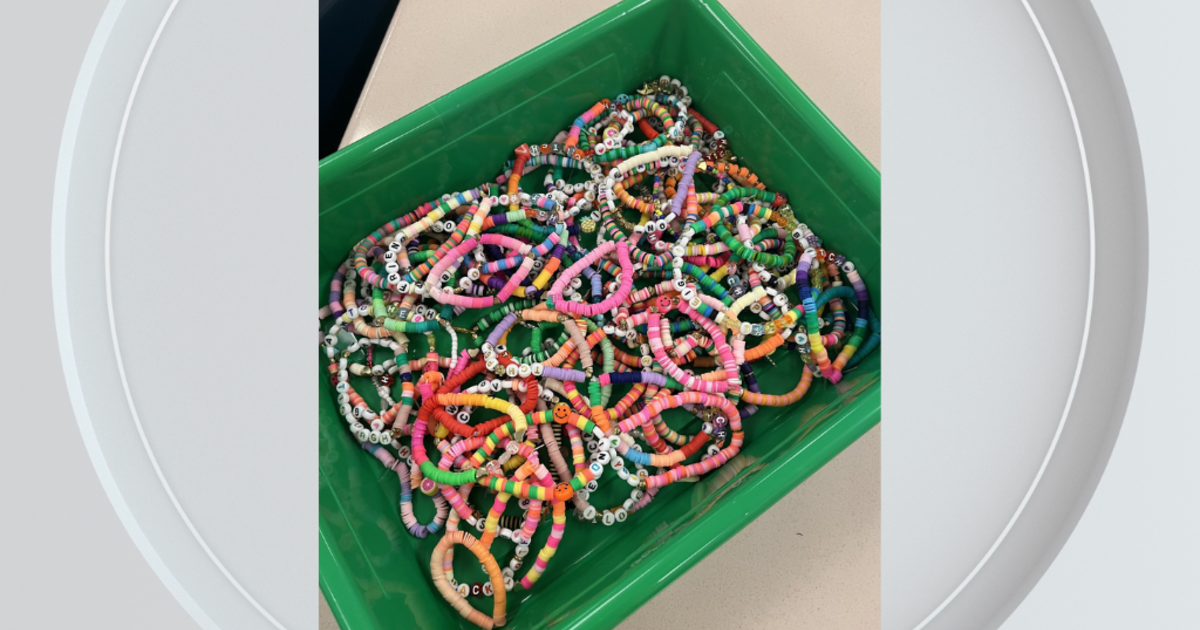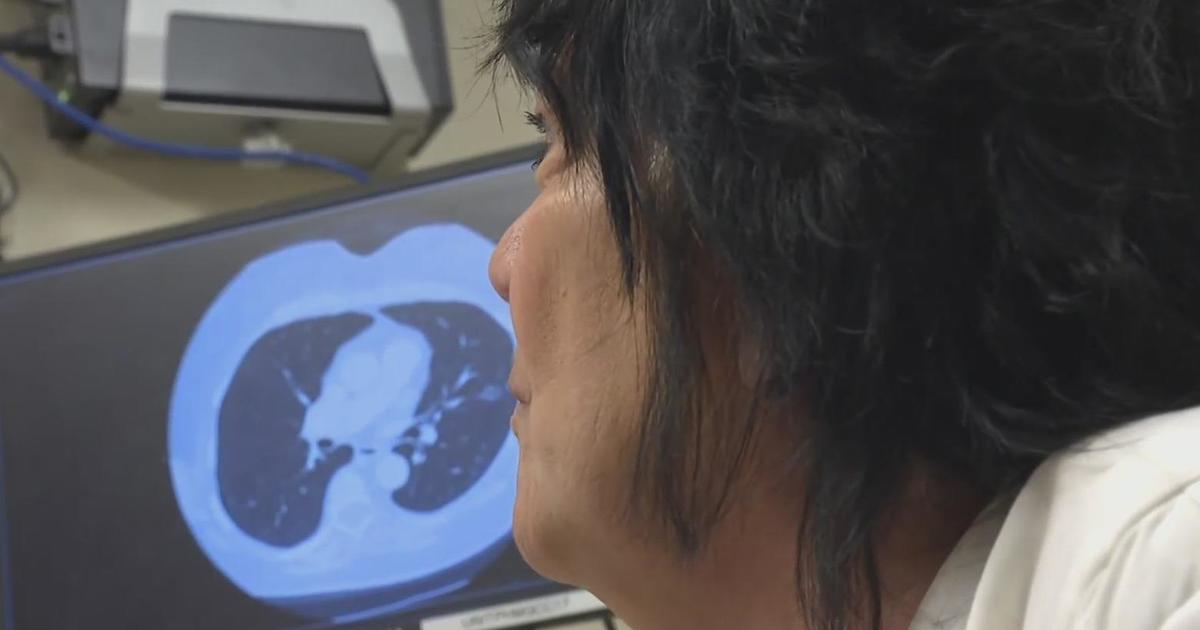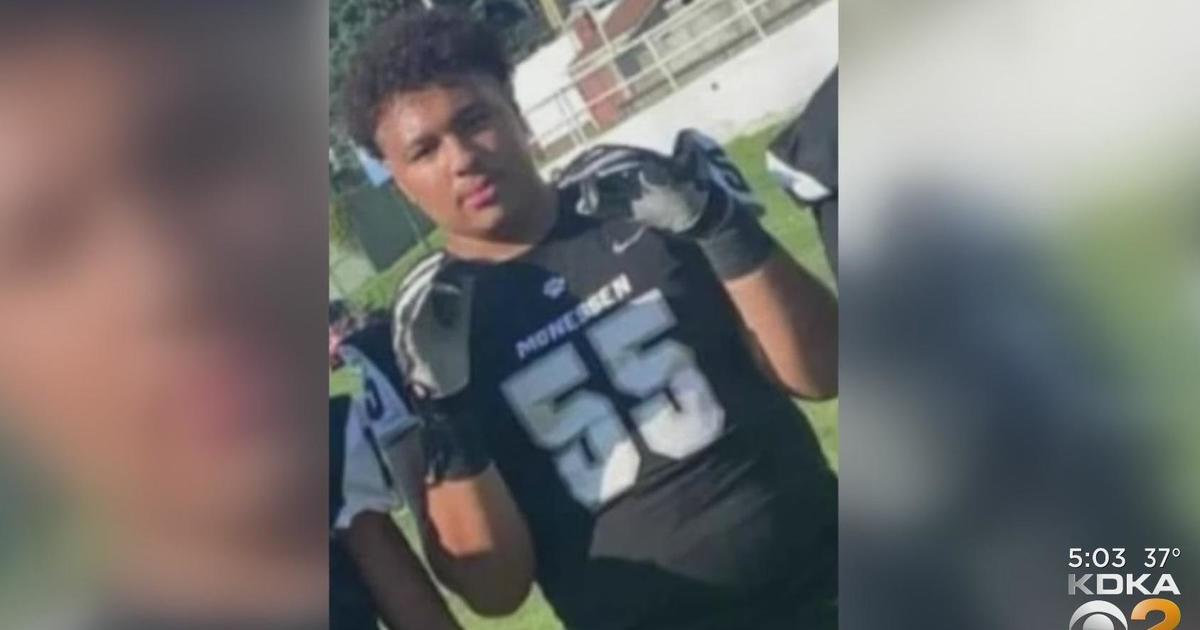Injection Helping Asthma Sufferers
PITTSBURGH (KDKA) -- Nathan Wright is a typical 11-year-old boy who likes to pass the pigskin and shoot hoops, but because of allergies and asthma, he feels different from other kids.
"They can do so much, while I can't do a lot," he laments.
He's getting a new kind of shot for allergic asthma. He's getting it because all the other medicines he's tried haven't worked so well.
"It's a pretty thick medication so we have to apply it slowly," says the nurse as she injects it. Does it hurt going in? "Not bad," Nathan says.
"There's been over 10 medications, I would say," says his mother, Desiree Shilling. "He's been in ICU a couple times, been in the hospital, usually four to five times a year."
"When I have an attack I can't get any oxygen in my air pipe, and it feels like I'm gasping for air. Like I'm under water too long," describes Nathan.
Other drugs reduce inflammation in the airways or open up the air passages.
The newer medicine, Xolair, is what's called a monoclonal antibody. It's made from human DNA code and hamster ovary cells. Basically, it binds up the body's allergic immune response. It's for people with attacks even if they take steroids.
"Xolair worked the best," says Nathan emphatically.
The shots are given every two to four weeks. His mother believes it's worth the inconvenience.
"His hospital stay has even dropped dramatically," says Nathan's mother. "Usually before he would be in anywhere from 5-7 days, now he was in for two days and that was it."
Nathan has to wait an hour after the shot, because one of the risks, ironically, is a severe allergic reaction.
"Everyone leaves with an epipen in case they have it after they leave," says Dr. David Skoner, an allergist at Allegheny General Hospital. "It's a rare event, and we haven't seen it here at all."
It costs up to $30,000 a year, which makes insurance coverage a must.
"I don't have anyone paying for this out of their own pocket," Dr. Skoner remarks.
It's FDA approved only for those 12 and up, though some studies show benefit in younger children. To get the medicine, blood tests have to show high levels of allergy proteins. Up to 80 percent who take Xolair respond.
"In the 20 percent that don't respond we generally stop it," says Dr. Skoner. "If we don't feel there's been a response in perhaps a year, we usually stop it because it's a burden to get the therapy, it's a cost to get it, and if there's no obvious benefit, it's just not worth staying on."
With the help of this drug, both Nathan and his mother have big hopes for the future.
"My biggest hope is that he can stay off the steroids, because that has had an effect on his life tremendously," says Desiree. "Between weight gain and affecting his adrenal glands, [we] don't even know what other damage it's done."
"I can run better than I usually do, do more sports," says Nathan, "pretty much a lot of stuff I couldn't do without it."
Dr. Skoner estimates about 10 percent of his patients qualify for Xolair. He says it has made such a difference for them, during last winter's huge snow storm -- all of his appointments cancelled, except for the two patients coming in for their Xolair injections.



